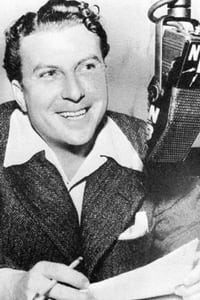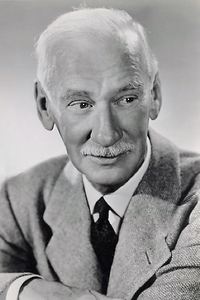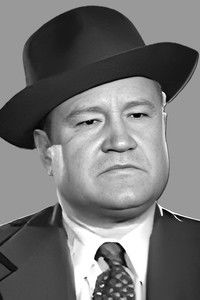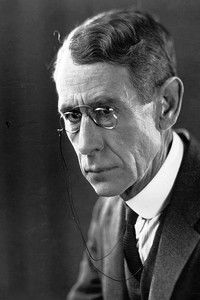Yankee Doodle Goes to Town
Genres
HistoryDrama
OverView
Made just before America would be forced into the Second World War, this short subject is a brief dramatized history of American democracy. It targets a perceived threat to democracy from board room and soapbox fascists who advocated a government based upon contemporaneous European models.
Others
Budget
$--
Revenue
$--
Status
Released
Original Language
English
Runtime
11 mins
Rating
0/10
Release Date
17 June 1939
Country
United States of America





